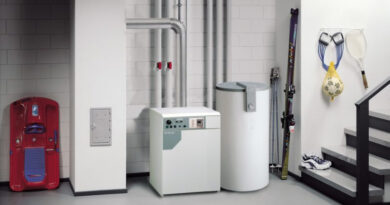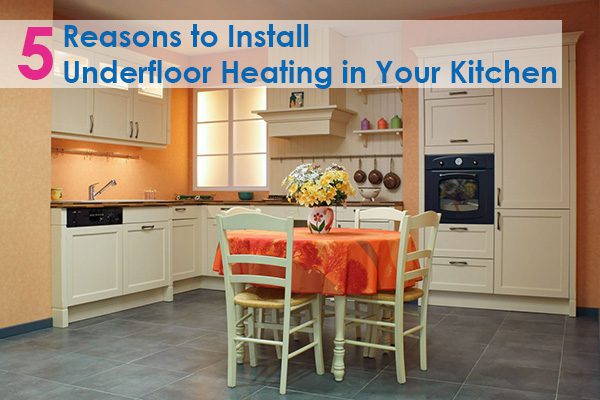Need a New Heater? Options to Consider and Some Tips for Choosing
Are you building or renovating a home and need to select effective heating products to keep the property warm? Or perhaps you need new heaters because your old ones have died, aren’t doing their job properly, or have become dangerous to use?

No matter your reasons for purchasing these new appliances, it’s important to do your research and find the right kind of reliable electric heater for your home and lifestyle. With so many options on the market these days, you’re spoiled for choices.
Radiant Heaters
People wanting heaters that provide instant heat should take a look at radiant heaters. These have a red-hot element that heats the space close to them quickly. They don’t project much heat though, so they are best for situations where you can situate yourself close by.
Don’t bother choosing this kind of product if you want to heat your whole house or even a whole room, as they’re inadequate for the job. However, for times when you want to feel strong heat on you while you watch television, work on your computer, read, knit, and the like, they can be just the thing. Plus, consider radiant heating for rooms with particularly high ceilings or spaces that are poorly insulated or draughty. Use the heaters to warm you up where you sit or lay, rather than trying to get the entire area toasty.
Reverse-Cycle Units
One of the most popular heating systems in this day and age is the reverse-cycle air conditioning units that get installed on inside walls. Such split-system options do use up a decent amount of energy (though the more modern units are more energy-efficient than ever), but these heating/cooling products do usually work out as more sustainable over the long term than portable heating types.
It pays to choose reverse-cycle air conditioners if you live in a cold area that necessitates heating your home most days of the winter. For those living in spots with mild winter months, though, as well as mild summers where air conditioning isn’t required much either, this type of heater could be overkill.
Fan Heaters
If your budget is small, check out fan heaters. These are small, portable, lightweight, affordable products that many people choose to heat smaller rooms. Fan heaters are handy as extra heating units for spaces you don’t use much, such as spare bedrooms. In the past, there were some safety issues with some fan heaters, but today better regulations and standards mean newer models are more trustworthy.
Like radiant heaters, fan units heat up quickly. They pump air over a heated element in the direction the heater is facing, giving directed heat. Some fan heaters can also swivel, which allows the heat to filter out in a wider arc.
Convection Heaters
When looking to heat the air in your property evenly over time, a convection heater may be a good option. These systems work well in open-plan spaces with quite low ceilings, or areas that have been properly insulated. Convection heaters are usually portable, on wheels, but sometimes come as wall-mounted panels.
Column Heaters
Column heaters are suitable for homeowners looking for products that will provide overall heat throughout a property. Mostly upright and remaining cool to touch (handy if you have young children whom you want to protect from accidental burns), column heaters are fairlyslow to heat a room, unless they contain a fan, too. They’re typically upright units.
Tips for Choosing the Best Heater for Your Needs
The first key factor to think about when choosing your heater is the size and space of the area(s) you need to warm. As you can see from the various units listed above, they all work better under different conditions and in different sized areas, so it’s imperative to choose carefully for the best results. You may want to buy a few types of heaters to suit different areas of your home. Another thing to consider is their repair costs. Check out services like furnace repair richmond to calculate how much it would cost to maintain your heating installation.
With sustainability and power costs in mind, you’ll also want to find out how energy-efficient different heaters are. Ask salespeople for specific information if you can’t easily find what you need. Also, consider your budget, though remember to think long term as well as short term, as more expensive units initially can work out cheaper in the long run.
Buy from trusted suppliers and brands; do research on product reviews and testimonials to learn about ease of use and reliability; consider maintenance costs and needs over time and how these might affect you; check out the warranties that comes with products;and buy what you know will give you peace of mind, safety-wise, now and into the future.
Heaters are a necessary expense for many people but do make life more comfortable even if you live in an area that doesn’t get terribly cold. Shop with care, and you should enjoy a toasty warm property this winter.



